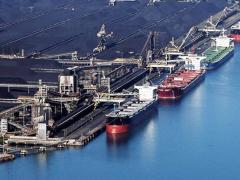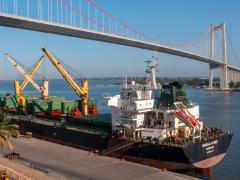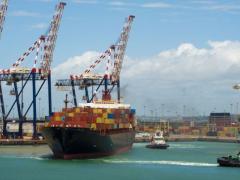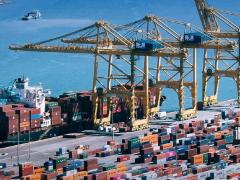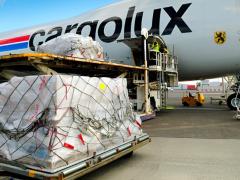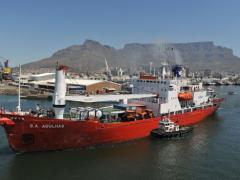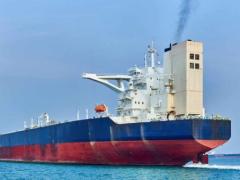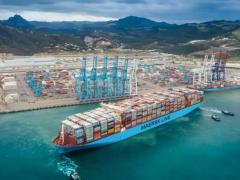The ambitious Overberg Freight Rail Business Case and Implementation Plan pilot project has been launched in Bredasdorp by Western Cape Mobility Minister, Isaac Sileku.
The move marks the start of the province’s freight rail revitalisation plan along one of its most significant agricultural corridors.
Planned and designed in collaboration with agricultural producers, freight owners, logistics operators, investors and government partners, the line will reconnect the farming hub Caledon with Bellville Container Terminal and the Port of Cape Town.
Some 8.9 million tonnes of freight – 99.8% transported by truck and 0.2% by rail – currently moves along this corridor.
“The Overberg Freight Rail Business Case is about bringing freight rail back on track and creating a commercially viable, data-driven freight system that cuts logistics costs, reduces congestion on the N2, and positions the Western Cape to triple its export value by 2035,” Sileku said.
“This project represents a turning point for our district. By unlocking rail, we are not just moving freight, we are attracting investment, creating jobs, and strengthening our region’s economy for the long term. The Overberg can once again be a thriving hub for trade, benefiting both our farmers and our communities,” said Overberg District Mayor, Sakkie Franken.
The main elements of the pilot project include:
- Moving at least 10% of corridor freight – 900 000 tonnes per year – from road to rail, removing an estimated 40 000 truck trips from the N2 annually.
- Reducing exporters’ logistics costs by up to 30% for long-haul shipments and boosting competitiveness for Overberg crops and goods.
- Cutting carbon emissions by up to 70% per tonne.
- Attracting public-private partnerships to fund and operate services.
- Exploring the long-term possibility of closing the 60km rail gap between the hamlet Protem and Swellendam.
The Business Case phase will focus on validating freight volumes, assessing infrastructure capacity, and securing commitments from cargo owners. If the project, which runs until June 2026, proves viable, construction and phased operations will begin in late 2026 with a launch expected by 2028.
The project will inform the basis of exploring the possibility of similar rail-led logistics solutions across the province, Cape Business News reports.



